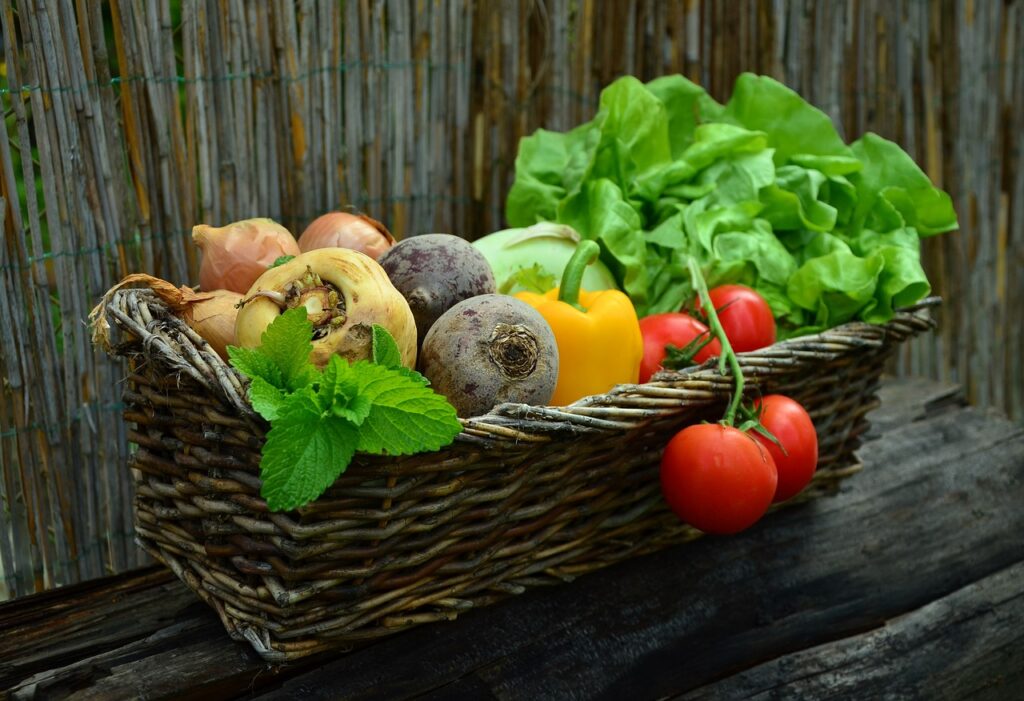Is Diet The Key To Longevity
The Longevity Diet. Ageing: Everyone does it, yet some people seem relatively unaffected by getting older. So then, could good nutrition be the key to a healthier, longer life? “Aging is often associated with the development of one or more chronic diseases, but it doesn’t have to be that way,”
It’s not always just a matter of time before you have a heart attack or stroke. In addition, get type 2 diabetes or cancer, break a hip because of osteoporosis, or develop Alzheimer’s. Although these conditions are often associated with ageing. Consequently, your risk for disease and disability increases with inadequate physical activity, genetic susceptibility, and poor diet.
Ageing: Defy It With Diet
The Longevity Diet. So what’s the best eating plan for preventing, delaying, or minimizing the conditions associated with ageing? And including inflamed joints, flagging memory, and failing eyesight? Here, the most beneficial diets rely heavily on fresh vegetables, fruits, and legumes. Also, the foods that are naturally lower in calories and packed with nutrients. According to Bradley Willcox, MD, MPH, co-author of The Okinawa Diet Plan. And professor of geriatrics at the University of Hawaii. Many, experts suspect the antioxidant compounds found in produce. Such as legumes, and whole grains are largely responsible for holding back the march of time
Antioxidants
The Longevity Diet. Antioxidants, such as vitamins C and E, and other compounds, including polyphenols and anthocyanins, battle free radicals. Which are unstable forms of oxygen that damage cell function. Free radicals form from normal metabolism. However, your body also produces them in response to strong ultraviolet rays from the sun; air pollution; smoking; and secondhand smoke.
The buildup of free radicals contributes to the ageing process and to the development of a number of age-related diseases such as cancer, heart disease, and inflammatory conditions, including osteoarthritis. What’s worse, ageing increases free radical production. That means your diet should be healthier than ever with the passage of time. But, the question, of course, is how do we do that?
Anti-Aging Nutrition
The Longevity Diet. generate a lot of buzz, when it comes to longevity, but aging well takes more. So, you must optimize a myriad of beneficial nutrients, including protein, calcium, and vitamin D. And minimize detrimental dietary components including saturated and trans fats.
While none of these foods is the “Fountain of Youth,” including them on a regular basis as part of a balanced diet can reduce the toll time takes on your body.
Nuts
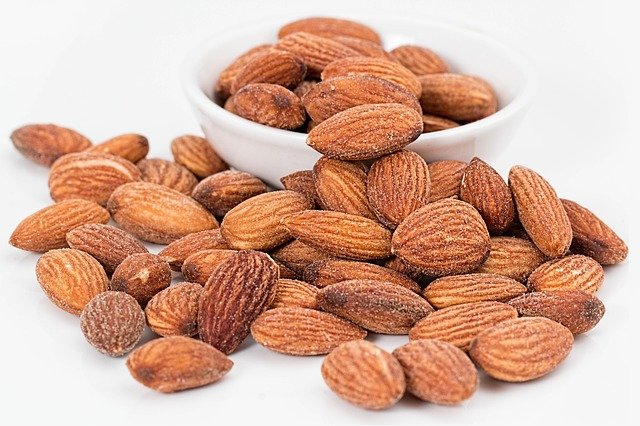
Nuts are cholesterol-free protein sources and are worthy substitutes for fatty meats. Research published in the American Journal of Clinical Nutrition found that in a group of nearly 35,000 women, those who ate foods rich in vitamin E, including nuts, lowered their risk of having a stroke.
Top choices:
Almonds for their high vitamin E levels; pecans, for their antioxidants; and walnuts, for omega-3s.
Tips:
- Top breakfast cereals, yoghurt, salads, and cooked vegetables with an ounce of chopped nuts.
- Snack on an ounce of whole almonds (about 24) for almost half the vitamin E you need for the day.
- Enjoy a nut butter sandwich on whole-grain bread.
- Concoct a smoothie by blending a medium frozen banana, 1/2 cup plain fat-free yoghurt, 1/4 cup chopped walnuts, and 2 teaspoons sugar (optional).
Fish

The Longevity Diet. According to the American Heart Association, fish harbors omega-3 fats that reduce the risk of plaque buildup in your arteries; decrease blood triglyceride (fat) levels; help lower blood pressure; and lessen the odds of sudden death. Fish is a wise protein choice because of its relatively low saturated fat and cholesterol content.
Top Choices:
Salmon, sardines, and canned tuna are among the fish with the highest levels of omega-3 fatty acids.
Tips:
- Have at least two fish meals a week instead of fatty meats.
- Add canned light tuna or canned salmon to salads instead of chicken or cheese.
Olive Oil
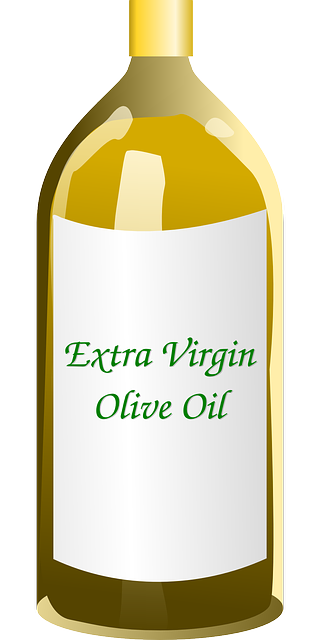
The Longevity Diet. Olive oil is rich in heart-healthy monounsaturated fats and beneficial plant compounds. It’s also free of the trans fats found in some margarines and other processed foods, and that’s a good thing. A study published in the journal Neurology found that among healthy people 65 and older, the higher the saturated and trans fat intake, the greater the cognitive decline during a six-year period.
Top Choices:
The extra virgin variety. A recent report in the Annals of Internal Medicine found extra-virgin olive oil more beneficial than other types for increasing high-density lipoprotein levels (HDL or good cholesterol) in men.
Extra-virgin olive oil also offers beneficial levels of oleocanthal, a compound that mimics the effects of anti-inflammatory medications including aspirin and ibuprofen.
Tips:
It’s good for you, but don’t go overboard; olive oil is caloric. Limit total oil consumption to 7 teaspoons daily (assuming all of the added fat you use is from olive oil) on a 2,000-calorie diet; 5 for a 1,600-calorie plan.
- Make salad dressing with one part olive oil and three parts balsamic vinegar.
- Choose olive oil instead of butter or margarine.
- Lightly coat chopped broccoli, sweet or white potato, or carrots with olive oil and roast on a baking sheet at 400 degrees until done.
Fruits and Vegetables
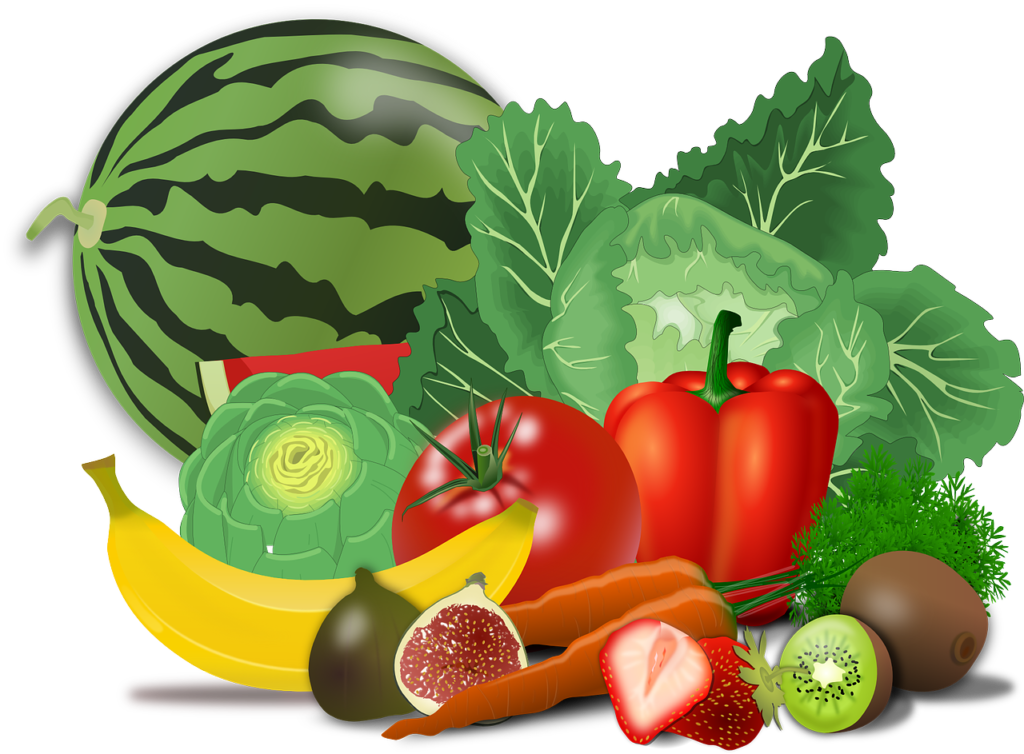
The Longevity Diet. Fruits and Vegetables. Produce provides fibre, vitamins, and minerals, as well as hundreds of anti-ageing phytonutrients. When it comes to age-defying properties, some produce is better than others, according to the United States Department of Agriculture’s tests for antioxidant activity.
Still, any fruit and vegetable is better than none. People who take in the most produce — upwards of 10 servings a day — have higher levels of antioxidants in their bloodstream, which probably translates to better ageing. Produce lovers also have stronger bones, thanks to the magnesium and potassium that fruits and vegetables supply (dark greens are also rich in vitamin K, necessary to bolster bones).
Top Choices:
Fruit: Blueberries, cranberries, blackberries, raspberries, strawberries, apples, and cherries.
Vegetables: Kale, spinach, broccoli, artichokes, avocado, asparagus, cauliflower, sweet potato, carrots, pumpkin, and onions.
Tips:
- Include berries at least once daily on top of breakfast cereals, in smoothies or salads, or snack on them as is.
- Add dried cranberries or cherries to cooked whole grains.
- Make a quick guacamole by mixing a ripe avocado and large, diced tomato with 1 tablespoon each of olive oil, fresh chopped cilantro leaves, and finely chopped onions.
- Prepare a pumpkin smoothie with 1 cup canned pumpkin, 1/2 cup low-fat milk, and ground cinnamon and sugar to taste. Heat the remainder of the can as a side dish. Add chopped frozen kale or spinach to soups and pasta dishes.
Legumes
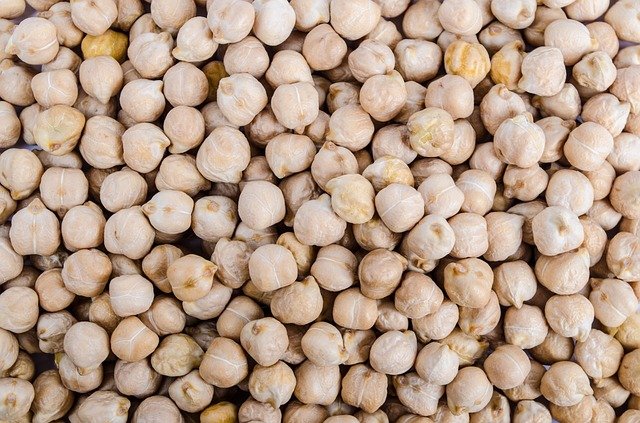
The Longevity Diet. Legumes are packed with complex carbohydrates and fibre to ensure steadier blood glucose and insulin levels. And they provide a cholesterol-free source of protein. Also, legumes are also packed with antioxidants.
Top Choices:
From black beans to soybeans, they’re all good for you.
Tips:
- Add beans to soups, salads, eggs and pasta dishes
- Puree cooked beans (includes canned) and add to soups or stews
- Snack on bean dips and fresh vegetables or whole grain crackers
- Munch roasted soy nuts or thawed edamame (green soybeans)
- Substitute firm tofu for meat in vegetable stir-fry dishes
Whole Grains
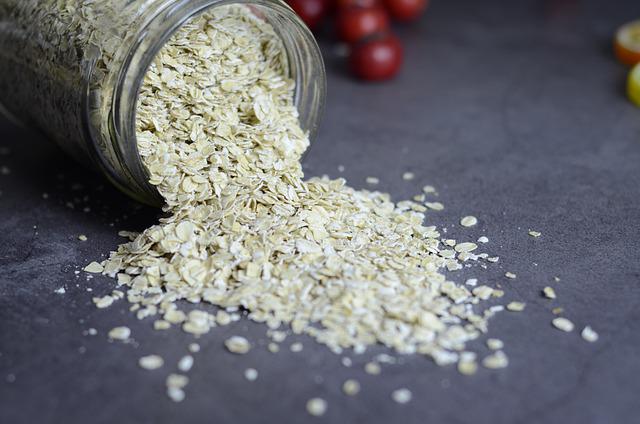
Whole grains retain more of their natural nutrients, particularly age-defying vitamin E, fibre, and B vitamins, than refined varieties. They are also a wealth of antioxidant compounds.
Top Choices:
Quinoa, millet, barley, oatmeal, whole-wheat pasta, cracked wheat, wild rice.
Tips:
- Wrap sandwiches in whole-wheat tortillas instead of white
- Choose whole-grain cereal for breakfast and snacks
- Try wild or brown rice or whole-wheat pasta
- Add leftover cooked whole grains to soups
Low-Fat Dairy
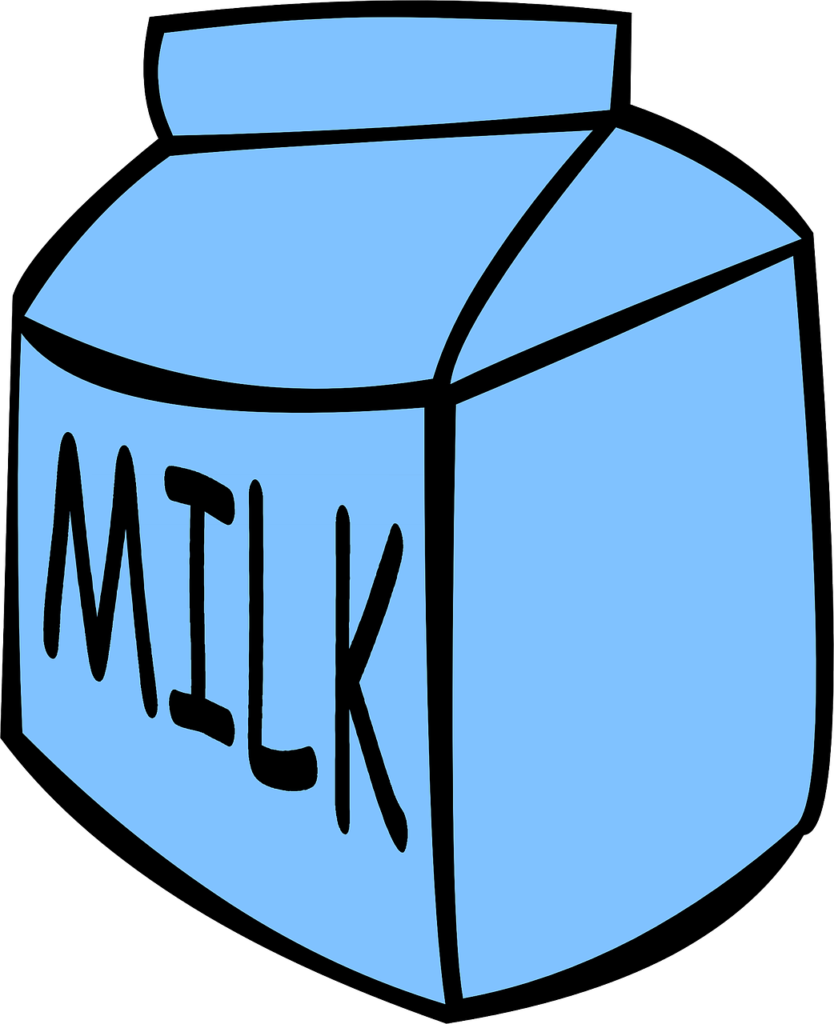
Dairy foods are excellent sources of bone-strengthening calcium. They also supply protein that bolsters bones and muscle and is needed for peak immune function.
Top Choices:
The Longevity Diet. Milk, either 1% low-fat or fat-free. Milk is fortified with vitamin D, necessary for calcium absorption. Adequate levels of vitamin D may reduce prostate, colon, and breast cancer.
Tips:
- Sip café au lait or cappuccino made from decaffeinated coffee and fat-free milk
- Make mashed potatoes with fat-free evaporated milk
- Enjoy a smoothie made with milk, berries, and crushed ice
- Indulge a chocolate craving with fat-free chocolate milk
Fight Fat, Live Longer?
It’s not only what you eat when it comes to stalling the ageing process. Calories count, too. So then, being overweight stresses your heart, blood vessels, and joints, accelerating age-related diseases. Consequently, excess body fat also plays a role in the development of dementia, and certain cancers. Also, eye diseases, including cataracts and age-related macular degeneration.
Cutting a few hundred calories a day from your regular eating plan may be all it takes. For example, to make it into your 80s or 90s in relatively good health. Furthermore, that’s what Willcox and his colleagues found when they related eating habits to death rates among 2,000 nonsmoking men. In his study, the men who consumed an average of 1,900 calories per day. Therefore, about 15% below the average for the entire group — were less likely to die over the 36-year study.
Calorie Reduction
However, nobody knows exactly how a lower-calorie diet works to lengthen life. But perhaps the secret lies in a slower metabolism that comes with eating less food. A reduced metabolic rate means your body produces fewer free radicals.
Calorie reduction plans also lower the body’s core temperature and insulin levels, two indicators of longevity. A recent study in the Journal of the American Medical Association found that overweight people. Those who cut their daily calorie intake by up to 25% were more likely to have a lower core body temperature. And normal fasting levels of insulin in their blood.
Ageing: We’re all doing it. Perhaps combining a diet rich in “anti-ageing” foods with fewer calories overall may help us do it better — and live longer.
Donate. All donations go towards the upkeep and improvements of Pensioner Fitness
Pensioner Fitness Awards
THE BUSINESS CONCEPT, BEST IN BUSINESS AWARDS 2023
MOST INSPIRING SENIOR WELLNESS WEBSITE 2023
THE GLOBAL HEALTH AND PHARMA, FITNESS AND NUTRITION AWARDS 2023
BEST SENIOR FITNESS AND NUTRITION SPECIALIST 2023
In Conclusion
You are what you eat is such a true statement, in today’s food market there is so much unhealthy processed food, that is detrimental to your health if consumed regularly. By adjusting your diet to eat better and healthier food you can improve your longevity. In addition, this will also help improve your overall health.
Important Note *
Remember that everyone is different, it is ultimately YOUR RESPONSIBILITY to find what your body responds to. So please do your due diligence before trying anything new, including getting Medical Advice to ensure your safety and peace of mind.
Connect with me and leave a comment or two on my
